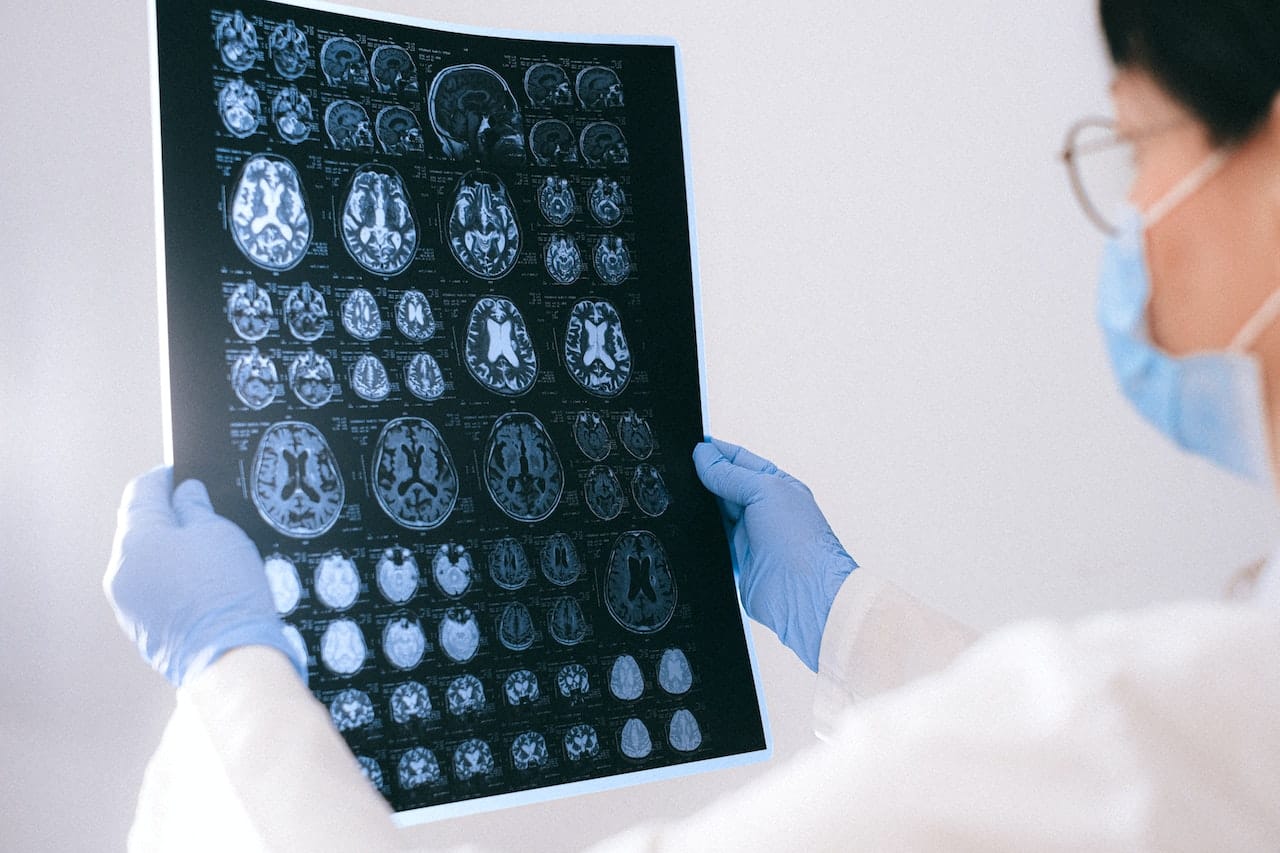Understanding the Stages of Alzheimer’s Disease & How to Navigate Them

Aging isn't always easy, but the occasional memory lapses that accompany it are often nothing to worry about. But when lapses in memory and judgment interfere with your loved one’s day-to-day life, it might be more than simple forgetfulness. It could be a sign of Alzheimer's disease.
What is Alzheimer's Disease?
Also known as:
- Alzheimer's
- AD
- Alzheimer's dementia
- Senile dementia
Dementia is a group of conditions related to severe memory loss that disrupts daily life. The single-most common type of dementia is Alzheimer's disease; it is the sixth-leading cause of death in the United States, according to the Centers for Disease Control and Prevention.
What Causes AD?
Brain changes cause AD, according to the National Institute of Health (NIH).
Specifically, AD occurs when the brain experiences a buildup of beta-amyloid proteins. This buildup creates what are known as tau tangles and amyloid plaques. These plaques and tangles kill healthy brain cells and destroy connections between neurons, which leads to shrinkage of different areas of the brain, especially the ones associated with memory formation. This process results in the symptoms people associate with AD.
What are the Risk Factors of AD?
Experts are not 100% sure what causes amyloid buildup in the brain, although there are several apparent risk factors for this condition.
According to the Alzheimer's Association, the primary risk factors for AD include:
- Advanced age (although early-onset dementia can still occur at a younger age)
- Family history and genetics
- Head-related trauma
- Heart-related conditions, such as high cholesterol and high blood pressure
What are the 4 Stages of Alzheimer's?
Alzheimer's is a progressive condition, meaning that it does not get better over time. Experts track the progression of the disease in stages; symptoms of Alzheimer's—and its treatment—vary depending on which stage of the disease someone is experiencing.
1. Preclinical Alzheimer's Disease
The preclinical stage can occur up to a decade before other symptoms appear. This stage officially occurs when amyloid plaques form in the brain. It is important to note, however, that not everyone who develops these plaques will eventually develop AD.
2. Early Stage of Alzheimer's Disease
The early stage is the stage that most people start noticing symptoms that disrupt daily life, which is why most people receive an Alzheimer's diagnosis at this time.
Signs of mild Alzheimer's include:
- Financial troubles
- Misplacing or losing items
- Difficulty completing simple daily activities like dressing
- Difficulty keeping track of time
- Bad decision-making
- Declining problem-solving skills
- Wandering/getting lost easily, even in familiar places
- Disruptive memory loss
- Difficulty finding the right words
Displaying some of these symptoms is not always a cause for alarm, however. Losing items from time to time, forgetting appointments, or sometimes struggling to find the proper words for a conversation could indicate mild cognitive impairment (MCI) rather than AD. The primary difference between MCI and AD is whether or not the symptoms disrupt someone's day-to-day life.
3. Middle Stage of Alzheimer's Disease
Once the disease progresses to the middle stage, the individual with AD will start to display increasing signs of cognitive decline and personality changes. At this stage, the person will require help with daily tasks and should no longer live alone.
Moderate Alzheimer's disease symptoms include:
- Communication difficulties
- Restlessness and agitation
- Paranoia
- Worsening confusion
- Heightened memory problems, including forgetting personal history
- Decreased attention span
- Social isolation
- Sleep changes
- Occasional difficulties recognizing loved ones
- Behavior changes, including inappropriate behavior and outbursts
- Sundown syndrome
4. Late Stage of Alzheimer's Disease
At this final stage, a person living with AD will be completely reliant on someone else for all healthcare and personal care needs.
According to the National Institute on Aging (NIA), severe Alzheimer's disease symptoms include:
- Near or complete inability to communicate
- Loss of appetite and corresponding weight loss
- Sharp decline of physical health
- Difficulty swallowing, which increases the risk of aspiration pneumonia
- Loss of awareness of general surroundings and recent events
- Seizures
- Incontinence
If your loved one displays any of the symptoms above, talk with their healthcare provider about dementia testing so that you can get a potential diagnosis as soon as possible. The sooner a diagnosis is made, the sooner intervention can occur. And the sooner intervention for AD occurs, the easier it is to slow down the progression of the disease and minimize its symptoms.
How is Alzheimer's Dementia Treated?
Alzheimer's disease affects everyone, from the person living with the condition to family members to friends to caregivers. Unfortunately, there is currently no cure for this disease... but there are plenty of treatment options available that can help improve quality of life for all involved, including:
- Support groups for caregivers and family members. You can find support groups using the online portal from the Alzheimer's Association at https://www.alz.org/events/event_search?etid=2&cid=0.
- Speech therapy to improve communication skills.
- Clinical trials to learn more about this disease and work towards a cure. You can find US-based clinical trials at https://www.alzheimers.gov/clinical-trials.
- Music therapy.
- Animal-assisted therapy (pet therapy).
How We Connect With People Living with Alzheimer's Disease
The communities in our network offer a wide array of services and amenities that improve quality of life for people living with Alzheimer's disease and their loved ones, including:
- Simple, easy-to-navigate floor plans
- 24/7 caregiver support
- Music therapy
- Respite care for family caregivers
- Pet-friendly communal living
- And much more
Contact us to learn more about how we can help your loved one living with AD.
Disclaimers: This article is not professional medical advice. It cannot diagnose, treat, prevent, or cure any disease or condition.







